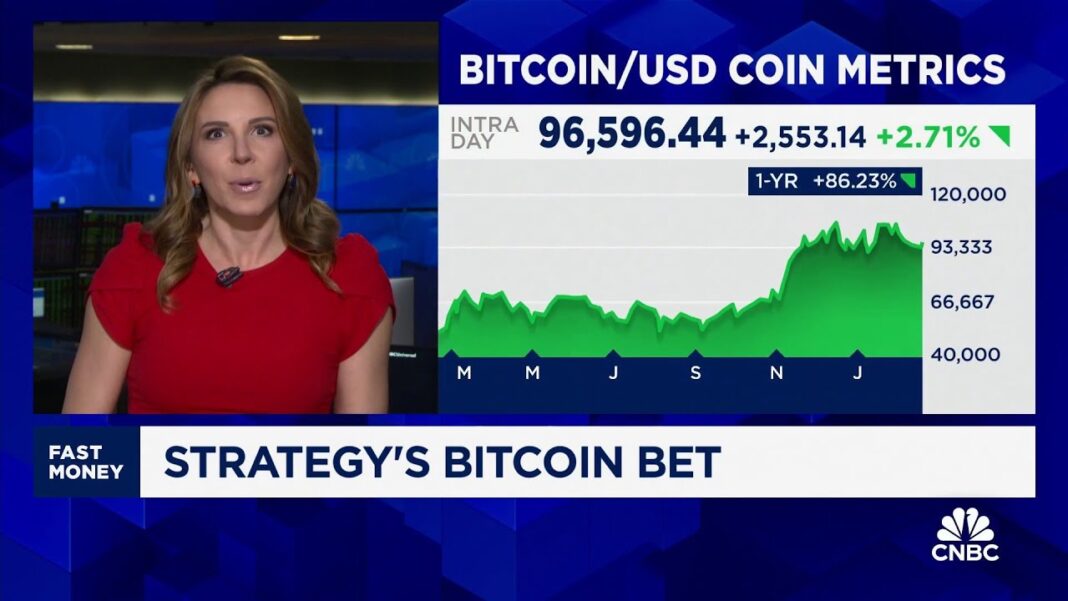Elon Musk is once again in the headlines as he attempts to raise funds for X, formerly known as Twitter. Valued initially at $44 billion, recent reports indicate that the investment firm Fidelity marked down its stake in X by 70% as of December. Despite this, Musk appears confident in reclaiming its lost valuation.
The broader question remains: what has changed since the acquisition? Tesla’s market cap has surged beyond $1.1 trillion, and SpaceX continues to see a rising valuation. Additionally, Musk’s venture into artificial intelligence with xAI is gaining traction, further influencing the financial landscape of his enterprises.
The Trump Factor: Political Ties and Market Influence
One factor playing into X’s potential revival is Musk’s proximity to influential political figures, including former U.S. President Donald Trump. Many investors speculate that a possible Trump administration could lead to policies favoring Musk’s businesses.
X has positioned itself as a central hub for conservative media, playing a significant role in political discourse. This shift has attracted key figures from the political right, making the platform more relevant than it was a year ago. However, it remains unclear whether this political affiliation will translate into long-term financial stability for the platform.
The Role of xAI: A Future-Defining Investment?
Musk’s artificial intelligence company, xAI, is emerging as a strong competitor to OpenAI’s ChatGPT. Investors see potential value in xAI due to its integration with X’s vast data resources. Many former Twitter shareholders are expected to gain benefits from xAI’s growth, whether through revenue-sharing agreements or equity stakes.
This integration could bolster X’s value by leveraging AI-driven innovations. However, the details surrounding these investments remain murky, leaving investors uncertain about their returns.
Apple’s Strategy Shift: The iPhone 16E and Emerging Market Penetration
Beyond Musk’s ventures, Apple’s announcement of the iPhone 16E is making waves. Targeting budget-conscious consumers, this model offers a larger display, longer battery life, and improved performance at a lower price. Apple aims to expand its reach in developing markets like India and China, where affordability is a key purchasing factor.
While Apple has faced challenges in China, its strategic pricing adjustments may enhance its competitiveness. However, some experts argue that an even lower price point might have been necessary to fully capture these markets.
The U.S. Government’s Workforce Restructuring: Job Security in Question
Government layoffs and restructuring are also making headlines. Reports indicate that job security in the public sector is no longer guaranteed, prompting many workers to consider transitioning to private industry. The push for efficiency has led to significant job cuts, raising concerns about the broader economic impact.
As government downsizing continues, individuals must focus on upskilling and adaptability to remain employable. Experts predict that the full economic effects of these workforce reductions will take six to nine months to materialize.
Future Predictions and Follow-Up Considerations
Looking ahead, several key themes will shape the market:
- X’s Valuation Recovery: Whether Musk’s fundraising efforts will restore X’s market value remains uncertain. Investors will closely watch financial disclosures for clarity.
- AI Market Expansion: xAI’s integration with X could redefine digital interactions, but regulatory scrutiny and competition from OpenAI and Google could pose challenges.
- Apple’s Emerging Market Strategy: If the iPhone 16E gains traction, it could shift market dynamics, but pricing and competition from local brands may influence adoption.
- Government Workforce Trends: Continued layoffs will push more workers into private sector roles, potentially reshaping employment trends in the U.S.
Each of these elements will contribute to broader economic and market trends, requiring continued monitoring in the coming months.
Disclaimer
This article is based on discussions and publicly available information. It does not constitute financial or investment advice. Readers should conduct their own research before making investment decisions.
James Patel is an experienced business journalist reporting on mergers, acquisitions, and corporate governance. He has contributed to The Wall Street Journal and Reuters.




